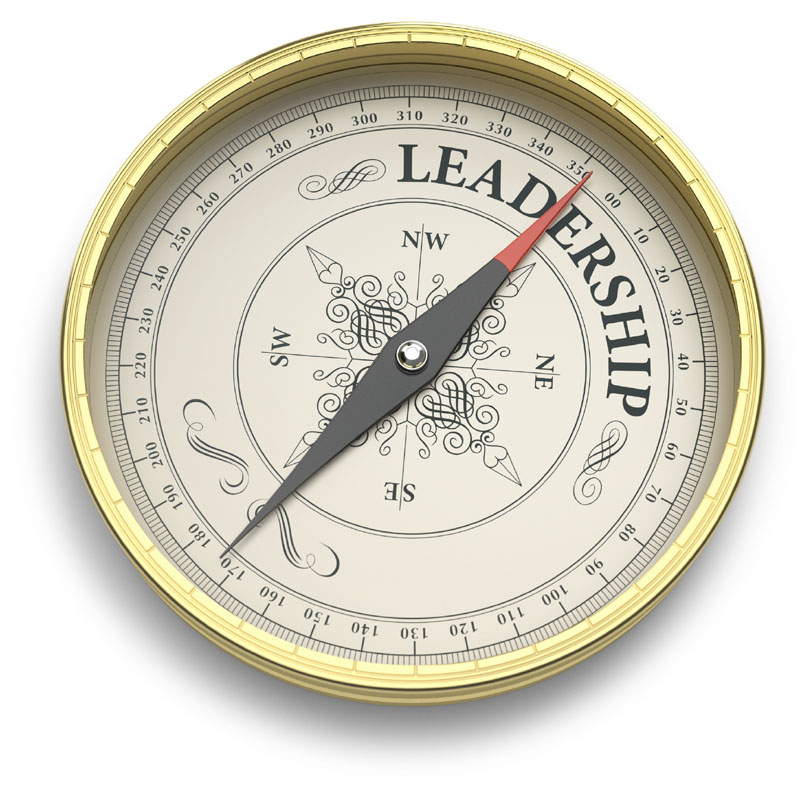My son is piecing lots of words and thoughts and phrases together. It’s quite hilarious, actually. Here are a few he’s said recently.
Right there! Daddy…Poppy…eat…hot!
Translation: “I ate dinner there with Poppy one night, and his plate was so hot it burned me.”
Oh no! Wait…Daddy…church…right there!
Translation: “We just drove by the road that we turn down to go to church…turn around!”
Me…Daddy…play…school
Translation: “Daddy and I played on the playground at that school and it was fun!”
Daddy…outside…work…help…me
Translation: ‘I helped Daddy work outside.’ (see picture below for when he said that)
Daddy…back…hat?
Translation: “Daddy, would you turn your hat around backwards?”
Daddy…yucky
Translation: “Daddy, you smell bad.” (I get that one a lot…)
But this is the one that takes the cake:
Daddy die!
Out of context, this statement from my son seems oddly dark and twisted. In context it makes perfect sense. I promise you my son is not a weirdo.
See, if you’d been there in the moment, you wouldn’t have thought anything was out of place. He was riding his four-wheeler, and right in the middle of the yard, the battery died. All he was doing was letting me know that, so that I’d go plug it back in and charge it up. Not weird at all.
And that’s what building a relationship does. It helps put things into context. It helps make sense of a person. Learning their story, understanding their struggles, their heartaches, their missed opportunities, their hopes and dreams takes them from being an “outsider” to being someone you relate with and that you can serve with. All of a sudden, they’re not so un-relatable…you begin to see how your stories at some level mesh, and how you can speak truth into that person’s life.
Relationships are difficult, no doubt. And they’re messy and frustrating and will test your patience and your life’s calling. But taking the time to hear someone’s story, helping them pull out the bright spots, shining light in the dark places, will make you a better leader. Because through truly getting to know people, not just brushing them off and casting them to the side, you’ll grow to love them more.
People aren’t a means to an end. They’re your calling. It doesn’t matter what “business” you’re in.
Good leaders are good listeners.











